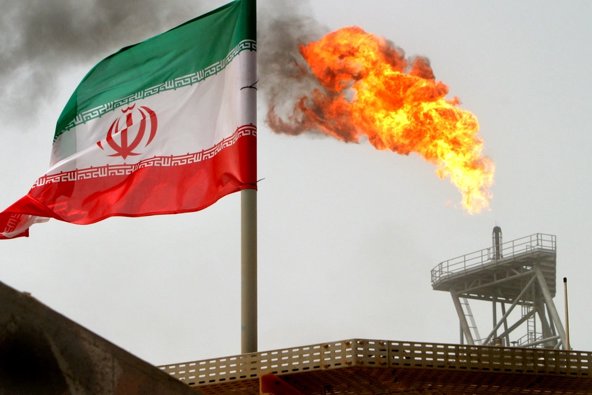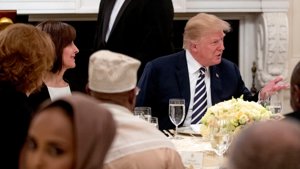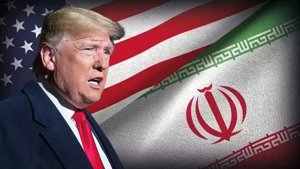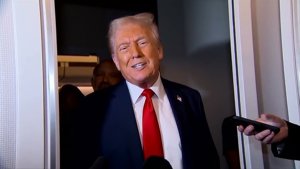
US Sanctions Iran Oil Network, China Link
The United States government has expanded its sanctions against Iran’s oil export network as part of President Donald Trump’s ongoing “maximum pressure” campaign. On Thursday, the State Department announced new measures targeting four companies and two vessels that allegedly facilitated illicit petroleum trade involving Iran.
Among the sanctioned entities is Guangsha Zhoushan Energy Group Co, Ltd, a Chinese company accused of repeatedly acquiring Iranian crude oil in violation of US sanctions. According to the department’s statement, the company has imported over 13 million barrels of Iranian crude since 2021. It operates a terminal located on Huangzeshan Island, which is linked to a major Chinese refinery.
In addition to Guangsha Zhoushan, three other companies involved in vessel management were also targeted for their roles in transporting millions of barrels of Iranian oil. These entities are accused of helping circumvent US restrictions by enabling covert deliveries and storage of petroleum products that originate from Iran’s sanctioned oil network.
“Today’s action includes the designation of a second China-based crude oil and petroleum products storage terminal with a demonstrated pattern of violating US sanctions on Iran,” the State Department said in its announcement. The move signals an intensifying effort by Washington to cut off the financial lifelines that support Iran’s oil sector and, by extension, its broader economy.
The targeted sanctions are designed to increase pressure on Tehran while also deterring third-party countries and companies—particularly in China—from engaging in prohibited transactions. The sanctions freeze any US-based assets of the named entities and prohibit American persons or entities from conducting business with them.
This latest enforcement builds on a series of prior measures intended to restrict Iran’s ability to generate revenue from crude exports, a major source of funding for its government. The US has consistently warned international companies that any attempts to bypass sanctions could result in significant penalties, including secondary sanctions that affect access to the US financial system.
As the geopolitical landscape remains tense, the expanded sanctions reflect President Trump’s determination to sustain economic pressure on Iran while monitoring the compliance of global actors, particularly in Asia. The move comes as the administration continues to advocate for tighter control over Iran’s oil trade and broader efforts to counter Tehran’s regional influence.






